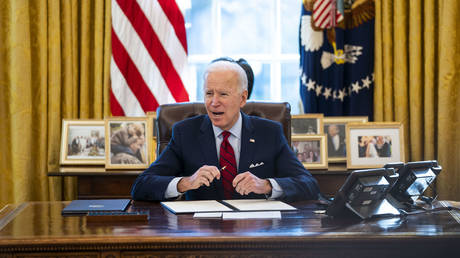ARTICLE AD BOX
Fasting can provide the entire body with great health benefits. However, with changing eating and sleeping times and introducing wrong eating habits, it may seem difficult at first.
Given this, following a healthy diet can help fuel the next day of fasting to obtain adequate nutrients to maintain a healthy lifestyle.
The best foods to eat during suhoor
Nutritionists recommend that you should eat at suhoor because it is important to feel energetic throughout the fasting day.
"The best options include a balance of complex carbohydrates to release energy slowly over several hours, protein to help you feel full longer, and fiber to prevent any gut problems," says Kirsten Jackson, a consulting dietitian at Gut Health.
She recommends, for example, a meal of boiled eggs and two slices of whole-grain bread with some spinach and mushrooms, or porridge with a scoop of protein powder mixed with some berries and seeds.
Dr. Ayazullah Safi, from the School of Health Sciences at Birmingham City University, stresses the necessity of eating foods that release energy slowly throughout the day.
“Oats, barley, brown rice, quinoa, berries, apples and oranges, which have a low glycemic index and do not spike blood sugar, are good options to consume to keep you energized during the day,” he says.
Water is the best drink, and both Dr. Safi and Ms. Jackson recommended staying away from caffeine, which can cause dehydration during the month of Ramadan.
And if you really need a cup of tea or coffee, Jackson recommends trying karak tea (a sweet milky tea made from strong black tea and spices, such as cardamom, ginger, cinnamon, and saffron), which has less caffeine.
The best foods to eat for breakfast
Iftar is the opening meal after fasting, therefore, what you eat is important to ensure a healthy balance.
Experts recommend drinking plenty of water and, again, a good variety of starchy carbohydrates in the form of rice, for example.
“There is only a small window to provide your body with all the essential nutrients it needs,” says Dr. Safi. “The focus on what to consume should be on quality.”
He recommends replacing fried foods such as samosas with healthier alternatives such as baked foods, and sugary foods such as cakes and ice cream can be replaced with items such as fruit salads and yogurt.
Jackson warns that when we feel hungry, we tend to crave high-fat foods and eat too quickly. Many of my clients are surprised that they actually gain weight in Ramadan despite fasting, due to these problems.”
She recommends a balanced plate that contains protein, such as eggs, chicken or fish, and complex carbohydrates, such as rice, pasta and bread, in addition to filling half your plate with vegetables.
"This means you will avoid overeating, but you will also get all the nutrition you need," she added.
.png)
 8 months ago
4
8 months ago
4









 English (US)
English (US)